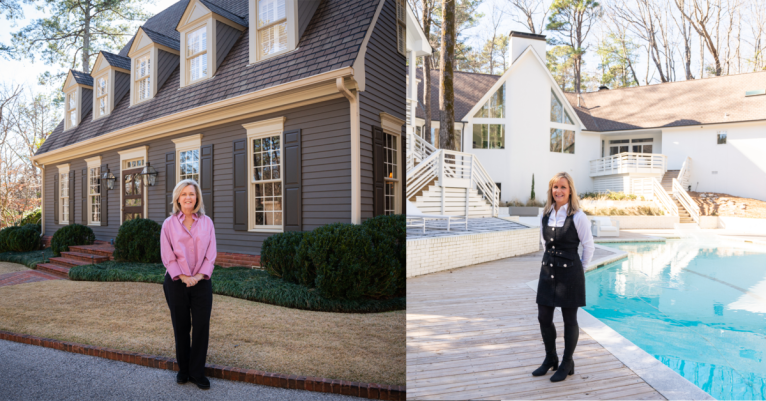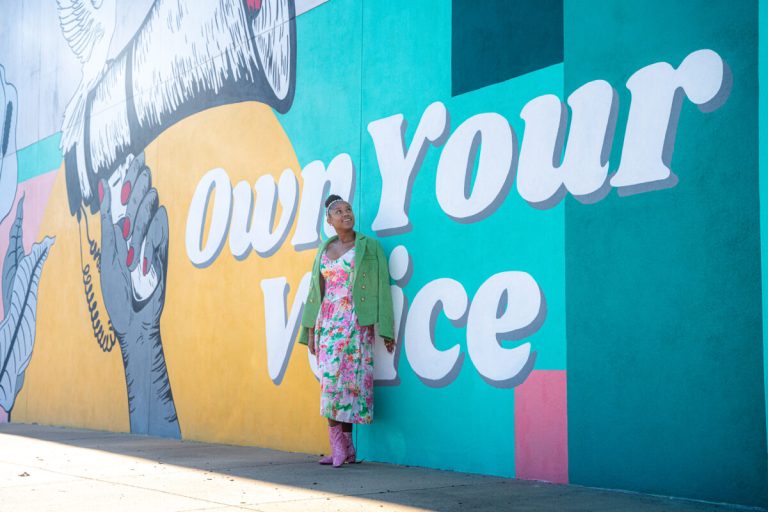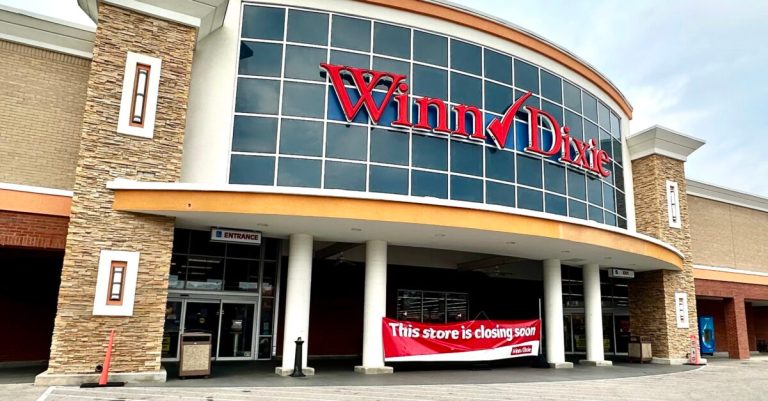Dr. Stephen Black shares ‘single biggest challenge’ to Alabama
Reading time: 4 minutes

Civitan International, based right here in Birmingham, receives almost no press attention for all it does. Volunteering, building community leadership, just getting out and doing something for one’s community are the everyday reality for Civitans. At last week’s Civitan meeting, the founding Birmingham chapter played host to Stephen Black. Dr. Black is the Founder of Impact Alabama (now Impact America) and the the University of Alabama’s Center for Ethics and Social Responsibility. Black is the grandson of Supreme Court Justice Hugo Black, known for his then-controversial decision in Brown v. Board of Education. Dr. Black received his doctorate from Yale Law School in 1997, going on to work at Birmingham law firm Maynard, Cooper, and Gale. After several years, he founded the Center for Ethics and Responsibility at UA, where he continues to lead and to serve.
He delivered a powerful message at the Civitan meeting: Service matters more than you can imagine in today’s increasingly isolated world.
Dr. Black spoke about what he considers “the single biggest challenge to the future of progress for our state.”
What’s the problem?
“What happens fundamentally to a country… where every year, statistically for the last four years, you can measure a greater and greater percentage of Americans having less and less personal connection to anyone unlike themselves.”
Dr. Black doesn’t think race is the factor to address here:
“Every ten years, Americans more and more are segmenting and segregating themselves out across the interstate system of America by $10,000-15,000 a year income brackets… We’ve never been segregated by class, lifestyle, ideology, or education level to the extent we are now.”
We’re segregated and it’s not all black and white.
And don’t “fool yourself into thinking technology is the solution:” you know you have a hard time tearing yourself away from cute cat pictures and wacky Russian dashcams. Search engines and mainstream news track what you look at to give you similar content, connecting you with similar people and preventing you from easily finding something different. Getting news from a single source, even aggregators like Google News, “is not enough.”

What’s the solution?
Higher education is not the solution, because the problem occurs earlier in life.
“the divide is widening.”
The best way to change this gap? Ensure that the lowest performing schools can improve.
You can improve people’s lives right off the bat. How? Volunteer!
Black shared a couple of real life examples:
- There is a $7,000 camera that can diagnose any visual problem in 5 seconds or less. 100 people could change the lives of thousands. All it would take? Volunteering to hold a camera in front of kids’ eyes.
- Low-income families who aren’t sure how to pay taxes get exploited by an underground tax prep industry. The “underground” market often charges double what a legitimate tax specialist would. Students can take a 8-hour course, pass a test, and volunteer to help low-income families prepare taxes for free, saving hundreds for people living below the poverty line.

Dr. Black’s message can be boiled down and condensed to a single point: we cannot be informed citizens when we accept “30 second stories from cable news as the required amount of information to form a decision.” We have to go out and be part of our community, not just part of our income bracket. This sounds like a challenge we all need to take on.
Find out more about Impact America and Civitan International.



